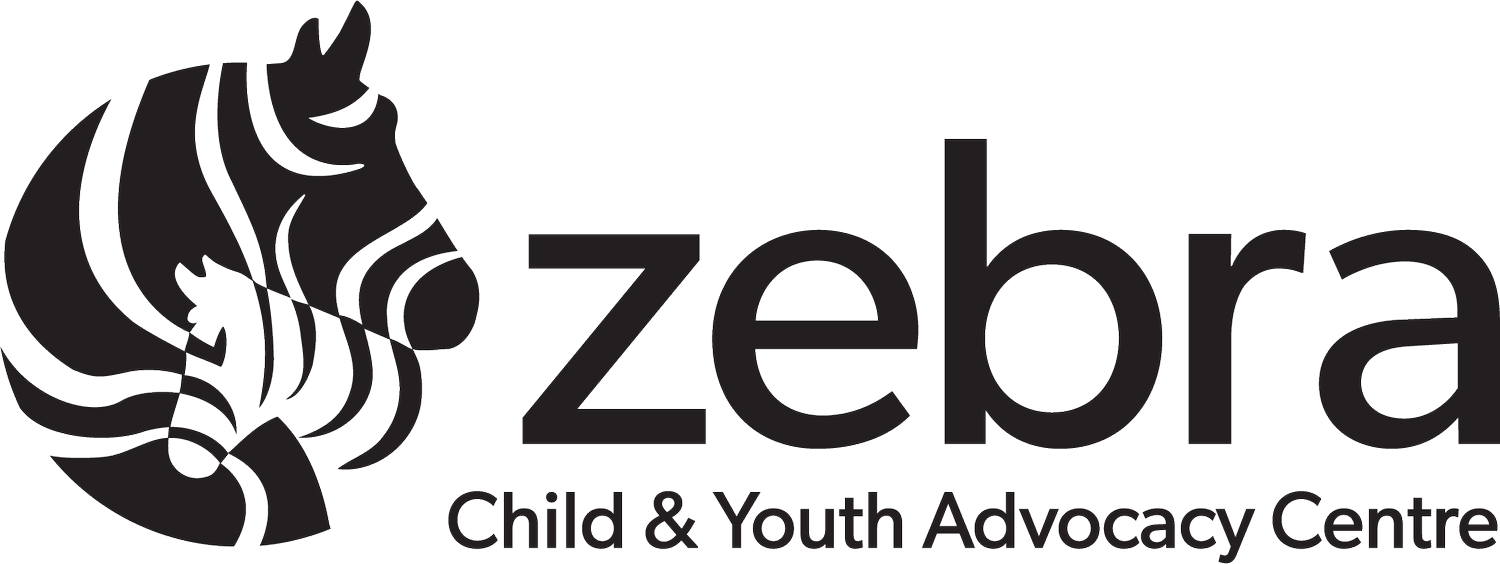Trauma, Children, and Trauma-Informed Care
According to the Substance Abuse and Mental Health Services Administration (SAMHSA), trauma can be divided into the Three E’s: event, experience, and effects. Trauma results from an event, a series of events, or set of circumstances that threatens to or causes someone to experience serious physical and/or emotional harm. These experiences may result in various negative effects on that person’s everyday experience.
Children can experience trauma in various ways. Some of these include physical abuse, sexual abuse, neglect, witnessing family violence, bullying, and the loss of a loved one or friend.
Each child will respond to trauma differently depending on various life factors like age, previous exposure to trauma, and family environment. While some children may not show any symptoms, short-term distress is almost universal after a child experiences a traumatic event. Here are some common reactions many children have after a traumatic event occurs:
Over time, most children return to their normal lives and routines, overcoming their symptoms after several weeks or months. Some children, however, may instead develop persistent traumatic stress symptoms that require psychological treatment. Factors that influence this include the nature of the traumatic event, prior trauma exposure, ongoing life stressors, and the presence of positive relationships in the child’s life, among others.
Children are at risk of developing more serious symptoms if they experience overlapping and/or cumulative traumatic events (i.e. being a victim of both physical and sexual abuse). As these events add on top of each other, trauma compounds and the seriousness of negative effects begin to increase.
PTSD vs. child traumatic stress
It’s important to remember that a child experiencing traumatic stress isn’t necessarily experiencing posttraumatic stress disorder (PTSD). With PTSD, children continue to experience these symptoms after a month or more:
Not every child experiencing traumatic stress has the symptoms for a PTSD diagnosis, but this doesn’t mean that they aren’t experiencing traumatic effects.
The importance of trauma-informed care
If trauma isn’t worked through, it stays with children as they grow up. This may contribute to creating lifelong patterns of depression, anxiety, pain, anger issues, and substance abuse. A caregiver’s own trauma history may affect their ability to cope with their child’s traumatic experience, creating cyclical patterns of intergenerational trauma.
Trauma-informed care helps interrupt these cycles. Trauma-informed care acknowledges the experience of the child, focuses on ensuring the safety of the child, and emphasizes their strength and resiliency. It is the most effective way of ensuring that a child heals.
Dr. Marci Gordeyko, registered psychologist with Alberta Health Services who works in the Zebra Child Protection Centre, believes that being trauma-informed is something everyone can be a part of.
“Having a basic understanding of how traumatic experiences may impact children and youth is key to providing warm, empathetic support,” she says. “Research shows that for those who have experienced trauma, positive and supportive interactions can help increase resilience and prevent negative future outcomes.”
Trauma-informed care also recognizes that when a child is affected by a traumatic event, their caregivers and supporters are affected as well. Being able to recognize each other’s experiences and reactions to the event, as well as help each other cope and work through feelings of sadness, anger, or guilt, is incredibly important to the healing process. It’s something the Zebra Child Protection Centre takes to heart.
“This is a very hopeful message to communicate to families who have experienced trauma- that their traumatic experiences don’t have to define them,” says Dr. Gordeyko. “Being trauma-informed can help us change the message from ‘what is wrong with you?’ to ‘what happened to you?’”
Resources
If you would like to learn more about child traumatic stress, check out these websites:
The National Child Traumatic Stress Network: https://www.nctsn.org/audiences/families-and-caregivers
Alberta Family Wellness Initiative for information on child trauma and brain development: http://www.albertafamilywellness.org/resources/results?search-term=&audience_filter=families-individuals
Substance Abuse and Mental Health Services Administration (SAMHSA) resources on child trauma: https://www.samhsa.gov/child-trauma/learning-materials-resources#caregivers




